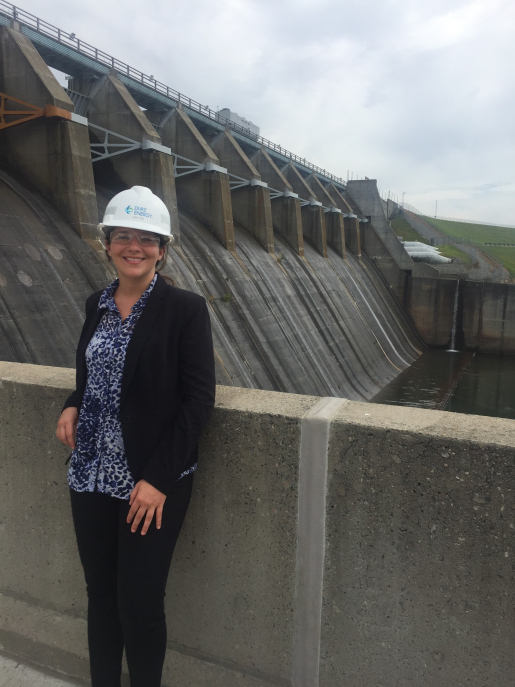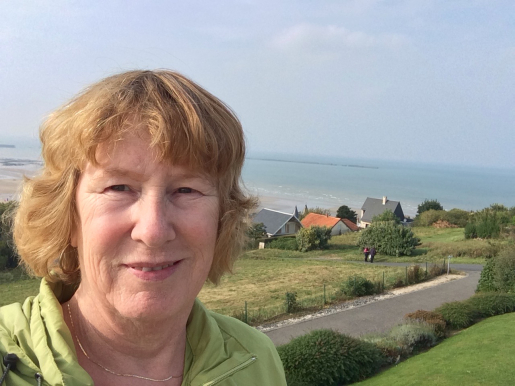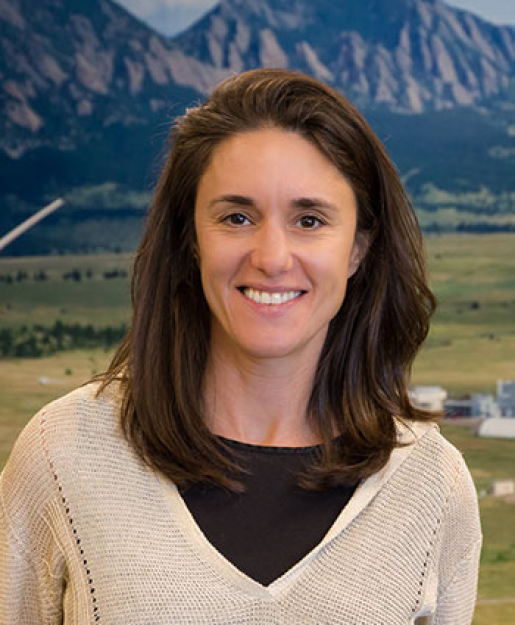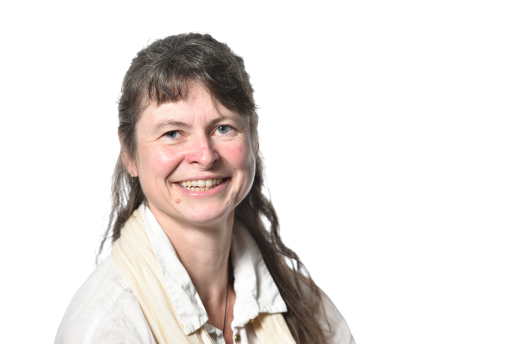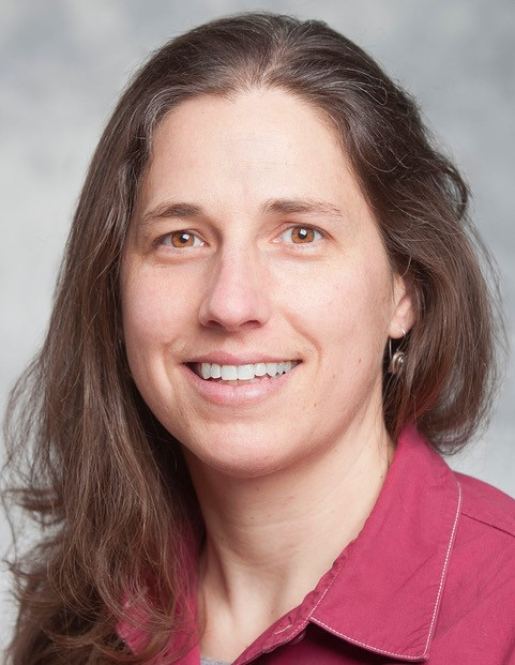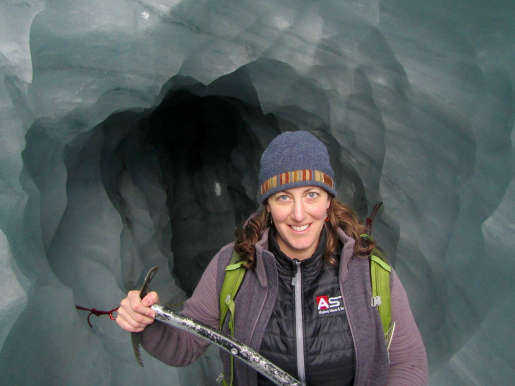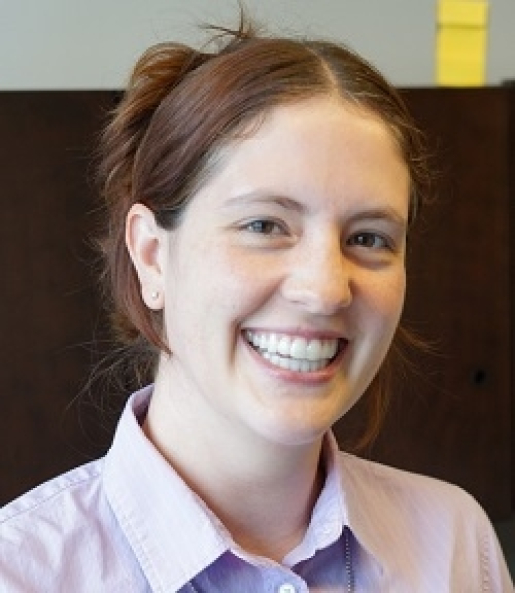The U.S. Department of Energy (DOE) and its network of national laboratories, marine scientists, engineers, economists, biologists, and policy analysts work together every day to advance research and development in water power technologies. DOE is committed to increasing the participation of women and girls in the energy sector, and to celebrate International Women’s Day on March 8, we’ve interviewed some of the women working across the Water Power Technologies Office (WPTO) and our network of national labs.
We spoke with Marisol Bonnet, Dana McCoskey, and Lauren Moraski Ruedy from WPTO, Alison LaBonte, from the California Public Utilities Commission, Andrea Copping and Genevra Harker-Klimes, from Pacific Northwest National Laboratory, and Elise DeGeorge from the National Renewable Energy Laboratory. Though all these women have interests in common – a collective love for nature, an appreciation for hiking, and a love for the water, fresh and marine alike – they came to water power from a variety of backgrounds. Women like Andrea, Genevra, and Dana found work in water power through scientific disciplines, like oceanography and biology, while Lauren came to WPTO as a civil naval architect, Alison as a mathematician, and Marisol as and Elise as environmental engineers.
The variety in backgrounds speaks to the interdisciplinary nature of hydropower and marine energy. Industries that encompass ecology, physics, and in-depth knowledge of the fresh and saltwater marine environments require people with a variety of expertise to come together and collaborate, but data from the Energy Information Administration (EIA) shows that women are still underrepresented across the energy sector and in leadership positions. Given this information, we talked to some women of water power to learn more about their experience.
Q: What makes you passionate about water power?
Lauren: I was excited to start working in the water power and marine renewable energy field to be involved with the various new research and development that’s been happening. The innovation and ingenuity in the field is electrifying (couldn’t resist the pun!). Being able to work with smart, considerate, passionate people while making a positive impact working in the renewable energy field is the icing on the cake.
Genevra: I love being on the ocean.
Elise: Water is elemental to everything.
Q: What excites you about science, technology, engineering, and mathematics (STEM)?
Dana: Discoveries. There are so many things we don’t know and STEM provides a way to question both the unknown and the answers provided through the scientific method.
Marisol: Looking back at the technological revolution that has occurred in just the last 80–100 years, it excites me to know that I am a part of what is to come and to imagine the even greater things that will happen as the STEM field becomes more diverse. Being a part the nation’s largest hydropower research and development program gives me a chance to make a difference in the industry.
Andrea: I want to know how things work, why the world looks and feels the way it does, and how the various parts (including humans) fit together. I see STEM as the way to answer at least a few of those questions.
Alison: Being a part of our nation’s revolution in the energy industry and bringing technical and critical thinking skills to the table to solve one of the most important challenges of our time is exciting to me.
Q: From your perspective, how has your career been impacted, if at all, because you are a woman?
Genevra: Early in my career I worked offshore on oil rigs--where I was often the only woman--and I developed a determination to work harder and better than others to show I was capable of doing the job. I am also the main earner for the family so I have faced challenges relating to traditional gender roles where it was assumed I’d be looking after our daughters at home or where schools have expected me to be more involved in class activities. These expectations are unrealistic while having a responsible technical and managerial job. It’s very hard to balance family with work, and I am continually questioning my abilities and overall work life balance.
Dana: It made me feel like I always had to work harder or longer and volunteer for the jobs that no one else wanted to do to. I have had jobs where I was the only woman in large groups of men or when I was the supervisor of such groups. I have experienced various types of discrimination but I have also met numerous forward-thinking people who want to identify, confront, and address discrimination to make the workplace more diverse, inclusive, and equitable.
Lauren: As an engineer, I can’t say my career has been significantly impacted solely because I’m a woman. Often I find that I’m one of few, if not the only, woman in a meeting and that sometimes affects my communication style. During discussions with my female colleagues, I’ve also found shared experiences of a higher expectation for women to “prove themselves,” whether that’s real or self-imposed. However, I’ve found that having confidence in yourself and what you’re communicating, as well as being persistent, works in most situations.
Elise: I was often the only woman in my engineering classes. Only when the women came together and supported each other were we each individually able to make a difference. Peer support is critical.
Andrea: I came into ocean sciences when there were still few women in the field and few female role models. Raising two kids even with a very supportive husband and work supervisor was very difficult and it meant that I had no other life during those years; this would have made working in water power at a national lab impossible while raising my children.
Sometimes I think I am a little stronger and more aware of disparities because of the challenges I’ve experienced. I’m passionate about ensuring that younger women are treated as equals and are not discriminated against or condescended to—especially as my daughter is now also a scientist.
Marisol: I constantly find myself looking around the room at meetings where I am the only woman. I had an experience in my career where I was being delegated tasks that were never passed on to my engineer male counterparts, such as booking lunch reservations or routing around birthday cards. I often feel pressure to work extra hard to prove myself (and women and Latinas in general). I also find that gender, nationality, and language differences make it challenging to build those crucial relationships that are a big component of moving up in a career.
Alison: Throughout my schooling and career, I had a case of “imposter syndrome”-- the feeling that my career was achieved by luck, or that hiring managers were somehow fooled into thinking I was the right person for the job. With each significant career transition I successfully make, I rediscover that I’m just as competent and capable as my peers. In some cases, I feel I now have more to contribute because I’ve had to change jobs to promote, and I bring the confidence and experience from having a diversity of challenges that I’ve overcome in all of my past jobs.
What is one piece of advice you would give to a young woman interested in STEM/water power?
Andrea: Follow your passions and make sure you are working and studying a field that you care deeply about. Do not let anyone tell you that you cannot do it, that you are not up to it, or that you are not the equal of anyone else.
Alison: Confidence is something that can eventually be learned over time. Recognize your and other female colleagues’ accomplishments. Find a mantra to stay positive. Make it your own, so you don’t feel out of character actually using it. Mine was “I’m all that and a bag of chips.”
Marisol: We need more women and diversity in the STEM field.
No matter what you have been taught or what you have seen in movies and commercials and the media, women do belong in STEM and it is the diversity in opinions, upbringings, and ideas that will continue pushing technology forward.
Lauren: Enjoy what you do and if you get stuck, either technically on a project or in your career, find people to talk to. It’s helpful to have a small group of “go-to” individuals that you feel comfortable talking openly to as well as different ages (older, younger, same age) and experiences – different perspectives can be extremely valuable when assessing the best path forward.
Elise: There are so many wonderful blue-sky ideas and opportunities in the water power field. You can be a part of life-changing advances which can improve the world in which we live. You are not alone in this. Look to peers, look for mentors, join in the challenge to build a better world.
Dana: There are two – 1) Getting hands on experience with both field and lab research as early as possible will help you. 2) Pursue things you enjoy doing most because if you find something you love to do you will never really work a day in your life.
Genevra: Do what you enjoy, listen to others and work hard so you know your topic, and then believe in yourself.
As we celebrate International Women’s Day at WPTO, we recognize the significant impact of women in STEM. Read more about DOE’s efforts to increase diversity and follow the Women@ Energy Series. To learn more about how the Department is working to support women in energy fields, visit the Women in Energy website.

